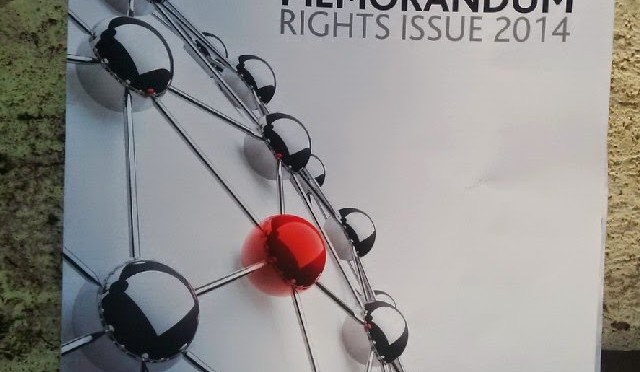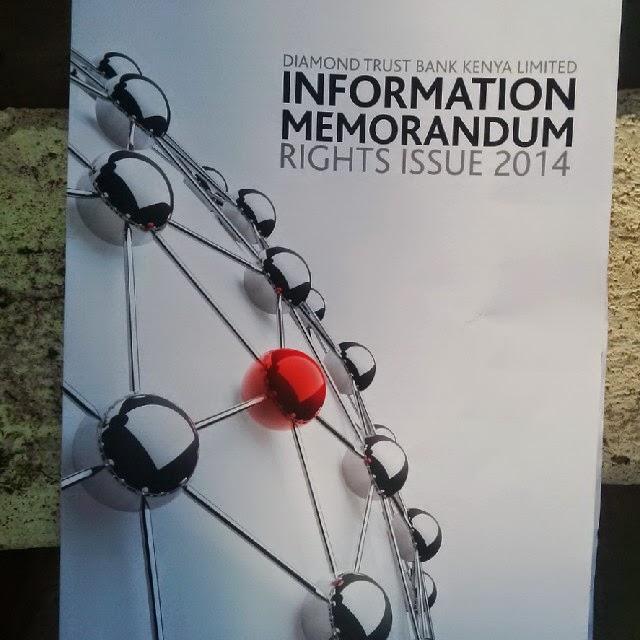Some days ago, Waceke Nduati, founder of Centonomy, a personal finance series that helps people get a grip of their finances and deal with money problems (that are often self-inflicted), gave a brief talk ahead of the new Centomy class period.
Centonomy’s eleven-week course has just resumed with classes (total 3 hours a week) repeated on Tuesday, Wednesday, Thursday and Saturday from June to August. This is useful as some people may be busy on some days in a week, but can catch a repeat on any of the other days, and they are both in Westlands and downtown Nairobi.
These include sessions on personal money management (setting goals, monitoring plans), living abundantly, investment planning (choosing an advisor, stock exchanges, valuing private companies), the psychology of spending, money & relationships, time value of money, good vs. bad debt, managing cash reserves and irregular incomes, property investing, taxes, and estate planning (wills, family companies, succession).
Some tips she cited:
- If you want to grow wealth, don’t hang with people who just sit around and complain about things like government. Instead read, learn, and be with uplifting voices.
- Use your free time. Do free-lance stuff like writing on Saturday morning or drive around to check up on opportunities. e.g new houses.
- If you buy a Range Rover for attention, you may be doing it at the wrong time in your life. Also, you’ll have to keep upgrading that car to keep impressing the same people.
- The skills you have are assets; improve them, instead of buying the latest phone (the world will never run out of things to spend money on).
- Realise that half your income in a year goes to taxes and rent. Also, we earn money 5 days a week but spend 7 days a week.
- When you retire, whatever your built will have to go back to paying for your lifestyle.
- Hidden savings – cutting back on your Kshs 300 per day lunch may equal Kshs 108,000 in December – enough for a land down payment, school fees or a (well deserved) holiday.
- It’s a myth that you can only save/invest when you earn a lot. Start with whatever you have, and saving Kshs 200 a day at 10 % can be Kshs 1.2 million in 10 years.
-1.259479736.8045858



